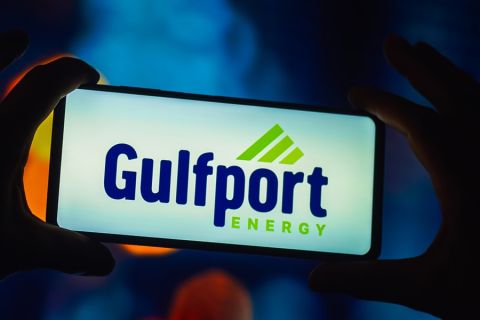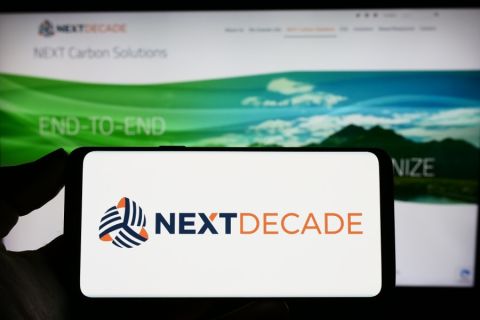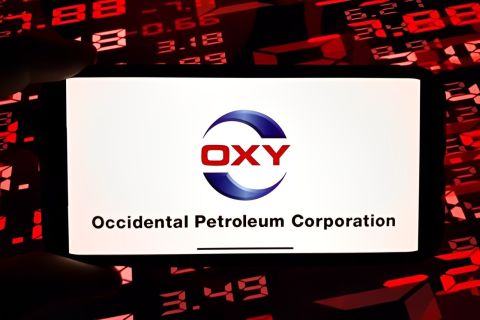A variety of rumors have been floated about the London AIM (alternative investment market). Two of the most erroneous are that it's where stocks go to get listed when the American markets won't have them, and that getting listed on the AIM is a breeze compared with the procedures for getting listed on American exchanges. "There used to be suspicions about why a North American company with no international operations would want to get listed on the AIM," says one oil and gas investor. "But now the exchange is starting to realize its own potential and accepting that more North American companies are coming to it because it's simply a great opportunity. "Expansion capital is looking for a home and the AIM is a great way to get it." Randy Theilig, vice president and chief financial officer of Houston-based Frontera Resources, knows some of the hurdles of getting listed. Frontera is a 10-year-old international E&P company, and last year raised $88 million in its London AIM initial public offering. The company's core operations are in the country of Georgia. "Two years ago we wanted to raise $75- to $100 million to show that our assets were commercial," Theilig said at a seminar sponsored by law firm Haynes and Boone LLP recently in Houston. "But because of the perceived risk, there was no investment appetite on this side in Canada and the U.S. The London AIM was suggested as an alternative, and in it we found a distinct pool of investors that were comfortable investing in Georgia and in high-risk, high-yield projects. AIM was a great vehicle for us to get access to funding." One of the unique elements of a London AIM IPO is the role of the nomad, or a nominated adviser. The nomad is a firm of experienced corporate financiers approved by the London Stock Exchange to confirm that all the rules and regulations of admission into AIM have been followed, and that the company continues its obligations after admission to the public market. If a company loses its nomad after going public, it will get delisted. The nomad makes sure a company is suitable for listing with a market capitalization ideally $100 million or more, has a healthy number of shares for the public (at least 30% to 50%) and has adequate documentation for due diligence. During the IPO, the nomad has advisory, assessment, marketing and management functions. The timetable for a London listing typically involves one to 12 months of planning, two to three months of documentation and due diligence, and five weeks of marketing and completion, all under the nomad's guidance. "The professional relationship with a nomad is a long, close one," said Bryce Linsenmayer, a partner at Haynes and Boone. "They put their reputation on the line to bring these companies to market." While Frontera's management completed its IPO in six months, Theilig says such a timeline was way too aggressive. "We had no clue what we were getting into. We actually thought the AIM was unregulated. The fact is, while the AIM may not have a lot of regulations to follow, your nomad does. Your nomad works with you to determine what your due diligence will be, and how you're presented to the public and your target investment group. We went through four months of due diligence procedures and it was an extremely tedious, time-consuming process." He said companies considering an AIM IPO need to plan early and resolve all corporate issues before getting started. Toby Hayward, a managing director with investment banker Jefferies & Co., London, added that some of the conditions are standard. "It's very important for London-listed companies to have a strong management team, a credible financial profile and a strong investment case. But investors don't like the idea of an IPO as an exit, or companies that haven't planned ahead for the future." While a company can get listed in as few as three months, there's a lot of work involved, he added. Corporate and general issues need to be examined and possibly restructured a year to six months before the IPO. A listing on AIM can be a beginning for some small-caps. "The political and regulatory environment in the U.S. insists that we look for capital elsewhere, and that's not a bad thing."
Recommended Reading
Dividends Declared in the Week of Aug. 19
2024-08-23 - As second-quarter earnings wrap up, here is a selection of dividends declared in the energy industry.
Gulfport Energy to Offer $500MM Senior Notes Due 2029
2024-09-03 - Gulfport Energy Corp. also commenced a tender offer to purchase for cash its 8.0% senior notes due 2026.
Bechtel Awarded $4.3B Contract for NextDecade’s Rio Grande Train 4
2024-08-06 - NextDecade’s Rio Grande LNG Train 4 agreed to pay Bechtel approximately $4.3 billion for the work under an engineering, procurement and construction contract.
SPATCO Energy Exits RF Investment Fund
2024-08-15 - RF investment Partners said it invested in SPATCO Energy Solution’s $230 million continuation fund, which was led by Kian Capital Partners and Apogem Capital.
CrownRock Offloads Oxy Shares Two Weeks After Closing $12B Deal
2024-08-15 - Underwriters of the offering agreed to purchase CrownRock’s Occidental stock at $58.15 per share, which will result in approximately $1.719 billion in proceeds before expenses.
Comments
Add new comment
This conversation is moderated according to Hart Energy community rules. Please read the rules before joining the discussion. If you’re experiencing any technical problems, please contact our customer care team.





